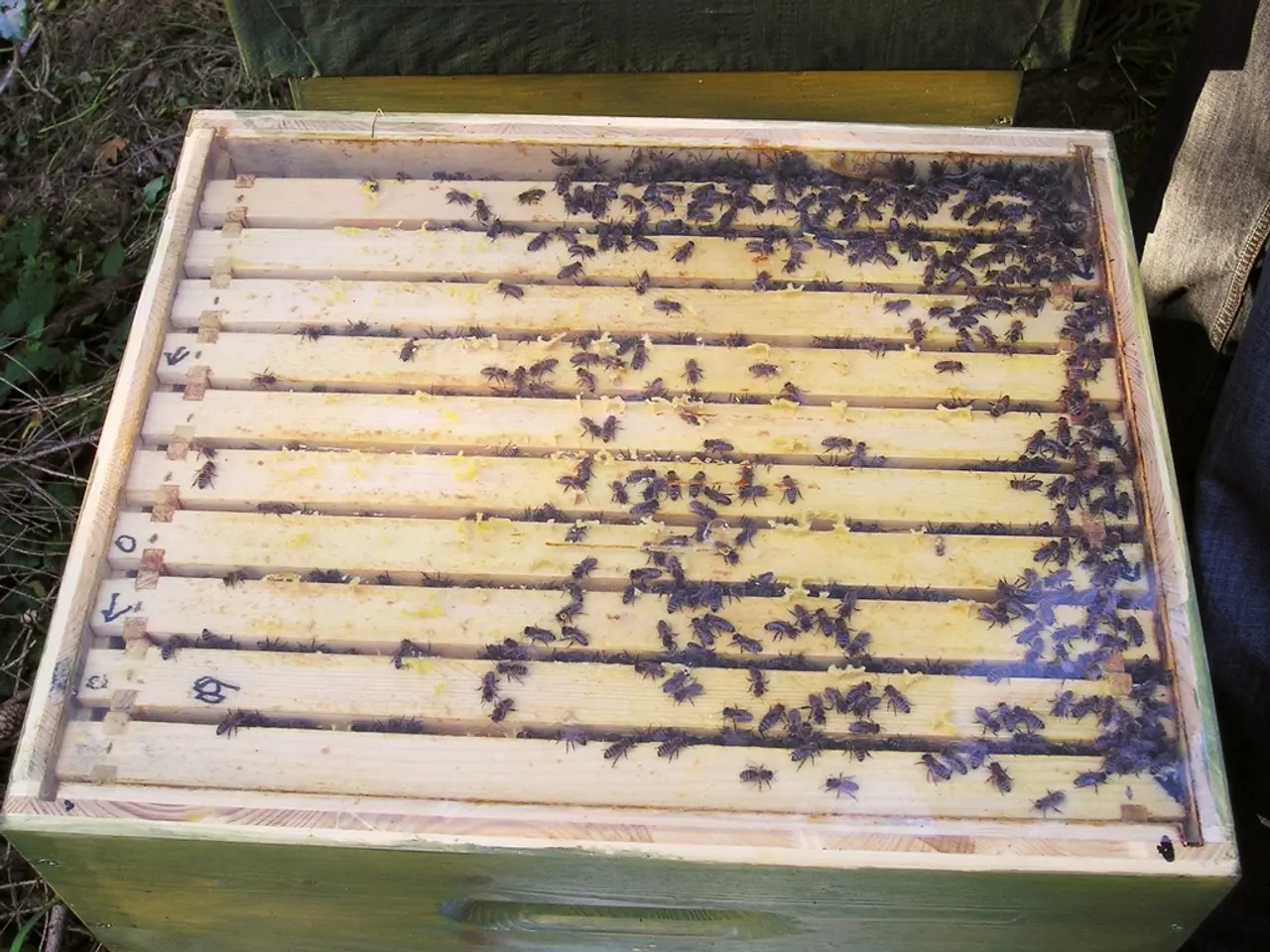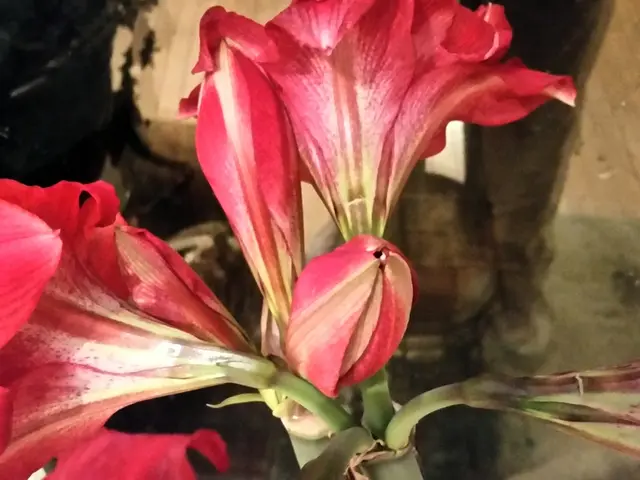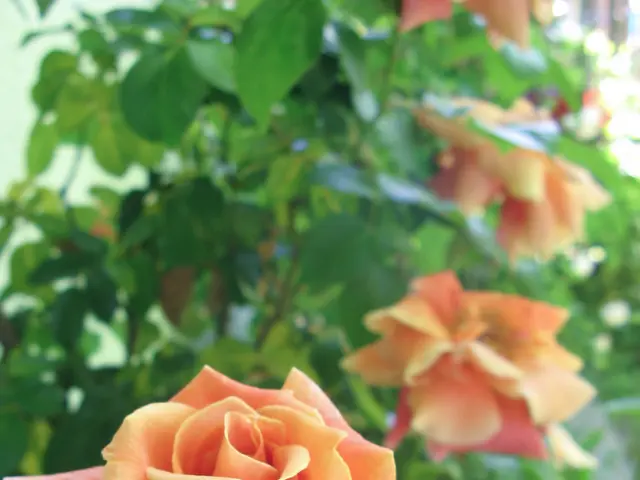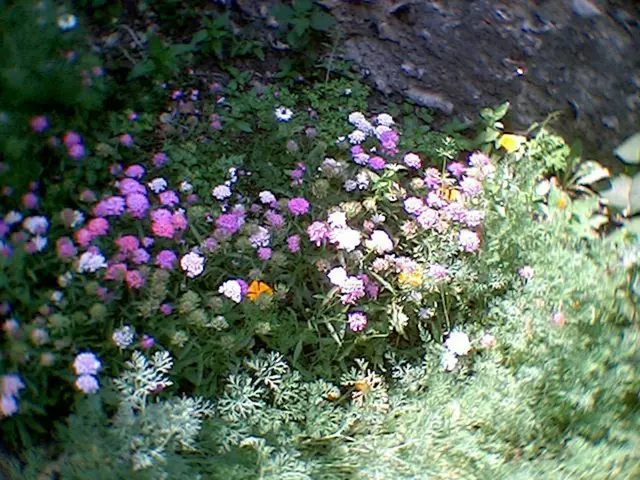Gardening Threats: Fragrant Signals Drawing Pests Toward Your Outdoor Space
In the quest for a thriving, pest-free garden, the role of scents cannot be underestimated. While certain aromas may attract unwanted insects and animals, others can effectively repel them. Here's a breakdown of smells to avoid and those to embrace for a healthier garden environment.
Sweet, fruity odors, such as those emitted by overly sweet-scented flowers or fruits, can lure in pests like mosquitoes, fruit flies, and other insects. Strong fermenting or rotting smells from compost piles or decaying organic matter can also attract flies, gnats, and rodents. Additionally, certain floral scents might attract specific pollinators but also unwanted pests if they resemble pheromones or food smells they seek.
On the other hand, strong herbaceous or citrusy scents can help keep pests at bay. Rosemary, basil, thyme, and chives produce potent herbal aromas that confuse or mask the smell of vegetables and flowers, deterring pests effectively. Mint varieties, such as spearmint and peppermint, repel mosquitoes, flies, and gnats with their refreshing scent. Marigolds emit a distinctive scent that deters flies, gnats, and mosquitoes while attracting pollinators beneficial for the garden. Citrosa (Mosquito plant) releases a citrusy aroma similar to citronella, which naturally repels mosquitoes and flying insects. Lavender and citronella grass are also known natural repellents for mosquitoes and other bugs.
Other natural deterrents include predator scents like coyote and fox urine, which trigger innate fear responses in deer, rabbits, and rodents, keeping them away without harm. Essential oils such as peppermint, rosemary, and citronella irritate pests’ nasal passages and serve as effective natural repellents.
To maintain a pest-free garden, gardeners should avoid sweet, fermenting, or overly floral scents that attract bugs and instead use strong herbaceous or citrusy scents from plants like rosemary, mint, basil, marigolds, and citronella. These natural smells mask the attractive odors to pests or repel them outright, fostering a healthier and more productive garden environment without relying on chemicals.
While this guide provides a starting point, specific advice on which plants to avoid due to their attractive smells or more detailed attractant scents may require additional targeted research. However, focusing on planting natural pest-repellent herbs and flowers is a proven strategy for a pest-free garden.
- To bolster the sustainability of your garden and create a healthy environment, it's advisable to avoid plants that emit sweet, fruity odors, as they can attract unwanted pests.
- Strong herbaceous or citrusy scents from plants like rosemary, mint, basil, marigolds, and citronella can help maintain a pest-free garden, as they either mask attractive odors to pests or act as natural repellents.
- In the home-and-garden section of your lifestyle, consider incorporating raised beds for a cleaner and more manageable gardening experience, while also utilizing compost to enrich the soil for optimal vegetable and flower growth.
- Decorate your garden creatively with flowers and plants, but mindfully select those with strong herbaceous or citrusy scents to deter pests, such as marigolds, citrosa (Mosquito plant), lavender, and citronella grass.
- Pollinators play a crucial role in your garden's garden, so opt for plants that emit floral scents that attract beneficial pollinators while being less appealing to disruptive pests.
- Embrace a chemical-free gardening lifestyle by utilizing natural deterrents like coyote and fox urine, which help keep deer, rabbits, and rodents away without causing harm.
- Essential oils like peppermint, rosemary, and citronella not only have a refreshing scent that repels pests but also act as potent, all-natural garden sprays, contributing to a thriving and pest-free garden.








